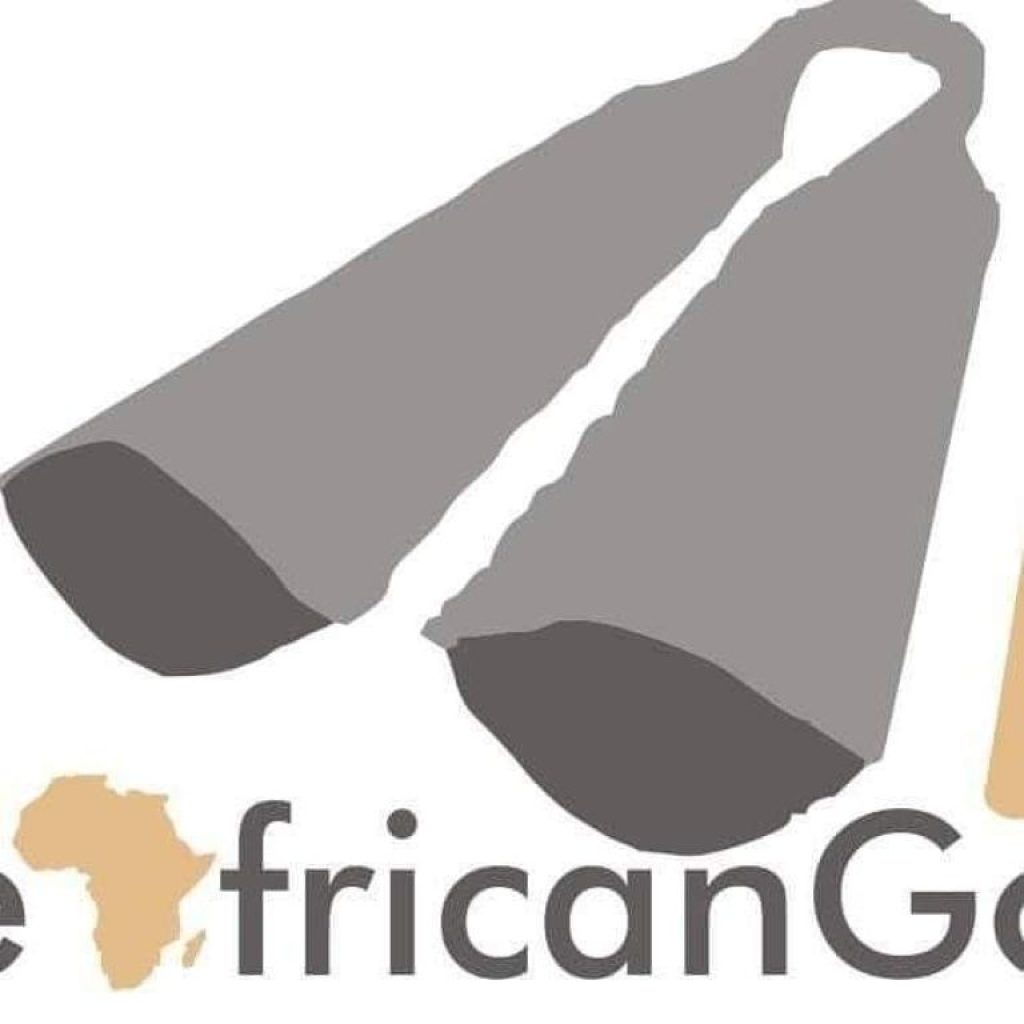
By Onyeka Ezike
The President of the National Association of Nigerian Travel Agencies (NANTA), Mr. Yinka Folami, has raised serious concerns about the growing threat of cross-border trading and other irregularities plaguing Nigeria’s travel industry. He emphasized the urgent need to review the association’s constitution to accommodate emerging realities and the growing number of new entrants in the industry.
Folami made these remarks during a roundtable discussion on Villa Square, a special segment of Creative Nigeria—a weekly cultural tourism magazine program aired on Mainland 98.3 FM, Lagos. The session was anchored by renowned tourism journalist Frank Meke and Bunmi Bade Adeniji, featuring a panel of veteran travel and aviation journalists, including Dr. Wale Oyebade, Yusuf Babalola, Olumide Oyewole, Chinelo Agina Obogo, and Segun Kioki.
During the lively and revealing discussion, Mr. Folami described cross-border trading as a form of “infidelity” within the travel market. He lamented the practice, wherein foreign agents based outside Nigeria, particularly in Asia and Europe, undercut indigenous agents by offering lower fares for Nigerian routes.
“Nigeria is Africa’s largest travel market, with over 3,500 registered professionals and more than 30 international airlines operating in and out of the country,” Folami said. “Yet, despite our size, we’re being sidelined through fare manipulation by offshore operators. A travel agent sitting in Asia can offer better fares on Lagos-London routes than a Nigerian agent operating locally. This is a grave injustice and a direct assault on our market.”
Folami condemned the practice of dollar-only ticket sales by some foreign airlines, calling it “the most disrespectful thing that can happen to any sovereign country with a vibrant market.” He noted that the Naira represents more than currency—it symbolizes national pride and identity. “To exclude it from airline transactions is not only unfair but also deeply insulting,” he stated.
On visa-related issues, Folami decried the growing menace of racketeering, stressing its negative impact on Nigeria’s global image. He warned the public against patronizing individuals who promise guaranteed visas, clarifying that legitimate travel professionals are only authorized to provide visa advisory services. He also highlighted NANTA’s public verification portal, which allows travelers to confirm the authenticity of registered members, alongside efforts to professionalize the industry through reforms and the planned NANTA Training Institute.
“The world may seem to be closing in on us,” he said, “but Nigeria is a spice to the world, and Africa’s future will be driven by us.”
Adding to the conversation, travel journalist Yusuf Babalola noted that cross-border trading has caused the country to lose over 40% of its travel market. “This has serious economic consequences,” he said. “It results in job losses and weakens our domestic industry. The government must act decisively. While it has supported foreign airlines extensively, these airlines are now punching far above their weight.”

Dr. Wale Oyebade attributed part of the problem to the government’s limited understanding of international trade dynamics and diplomacy. “Until we begin to appreciate the depth of these challenges, Nigeria will continue to face avoidable barriers in the global travel space,” he said.
Chinelo Agina Obogo expressed concern that some Nigerian-owned airlines operating abroad also mimic these unfriendly practices. “This problem is not limited to foreign airlines. Our own carriers are guilty too,” she said. “The government must wake up to the seriousness of this issue. And perhaps, local professionals should collaborate, consolidate, and build the capacity to compete effectively.”

Segun Kioki stressed that cross-border trading is ultimately a matter of international trade and competition. “Air travelers tend to go where tickets are cheapest. Unfortunately, this leads to long-term losses for Nigeria,” he said. He urged the government to restructure its regulatory approach and advised NANTA to enforce greater discipline among its members.
Veteran journalist Frank Meke also weighed in, blaming some foreign embassies for encouraging cross-border trading and visa racketeering. “We need a clean and decisive policy framework from the government,” Meke said. “It is painful to use the word ‘infidelity,’ but it best captures what’s happening. When tickets are sold in foreign currencies in our own country, while such practices are banned in theirs, something is fundamentally wrong. Stakeholders must consult NANTA for proper guidance.”

